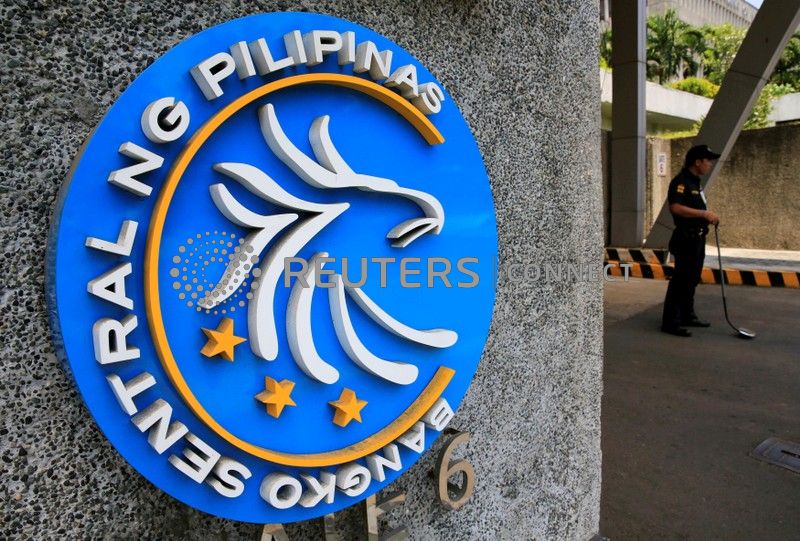TOKYO (Reuters) – The Philippine central bank will act swiftly if it judges there is not enough liquidity in the financial system to maintain economic momentum, its deputy governor Diwa Guinigundo said on Tuesday.
Guinigundo, speaking at a seminar, said investors have been convinced that inflation is no longer a concern in the Philippines, which has improved investor sentiment toward the peso.
The central bank paused its tightening cycle in December to allow its five straight previous rate hikes, totalling 175 basis points, to work their way into the economy.
Many economists now say the Philippine central bank is done with its tightening cycle and could even reverse policy soon as inflation slows.
“With our eyes open, we had to (tighten policy) because this is within our mandate,” Guinigundo said. “We continue to monitor the amount of liquidity in the system. If this amount is not enough to maintain economic momentum, then we would have to react swiftly to maintain momentum.”
Guinigundo did not mention any specific policy steps the central bank could take.
Philippine inflation eased to 4.4 percent in January, its slowest annual pace in 10 months, on lower food, transport, and utility costs.
Inflation is expected to continue to moderate this year and eventually return to within the central bank’s 2-4 percent target for 2019 as the impact of new and higher taxes slapped on certain commodities last year fades.
One option is to lower the reserve requirement ratio for banks, which is currently at 18 percent, economists say. The central bank cut this ratio twice last year.
The Philippine economy is likely to remain on a growth path due to government spending on infrastructure, high foreign direct investment and an increase in consumer spending as inflation moderates, Guinigundo said.
However, there are risks to the economic outlook, such as the U.S.-China trade war and uncertainty over the pace of U.S. monetary policy, he said.




